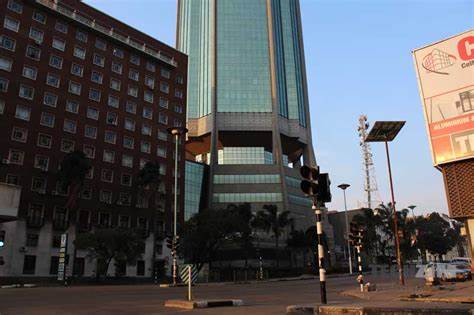Central Bank of Zimbabwe Export Dilemma
At the core of the issue is the RBZ's export retention policy, a noble plan to strengthen the country's foreign currency reserves. This initiative requires exporters to hand over 25% of their earnings in return for local currency to fulfill both national and international responsibilities. Despite its good intentions, this policy has resulted in contrasting outcomes for companies such as Ariston Holdings and Amalgamated Regional Trading Corporation (ART), which have experienced declines in export quantities and profitability.
Initially, the RBZ's policy may seem like a direct way to improve foreign exchange resources. The main problem stems from the difference between the official and unofficial exchange rates. This discrepancy has caused exporters significant financial setbacks and weakened their ability to conduct international trade. As a result, some companies have shifted their focus to local markets to offset the negative impact of this policy. Economic experts have strongly voiced their disapproval, denouncing the retention policy as a veiled form of taxation that undermines competitiveness and limits opportunities for expansion into new markets.
The tale of Ariston Holdings and ART Corporation reflects the larger challenges encountered by Zimbabwean exporters. These firms, previously successful competitors in the international market, have experienced a decline in their prosperity due to the financial consequences of the RBZ's policy. The difference between the official exchange rate and that available on the black market has made certain export ventures unprofitable, prompting a need for strategic reassessment. According to a representative from one of these impacted companies, "The retention policy has hindered our ability to grow and sustain ourselves," emphasizing the pressing need for policy reform.





